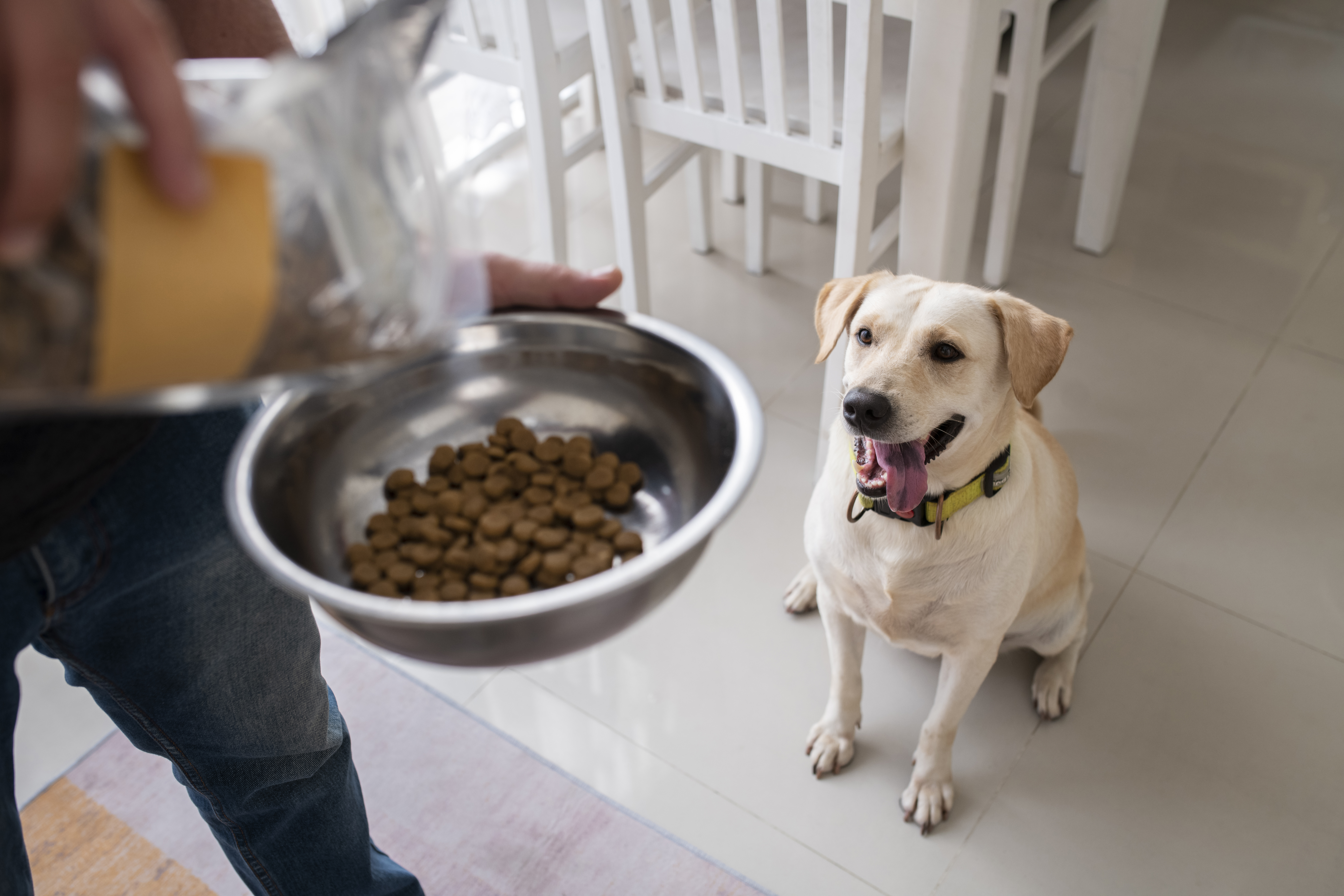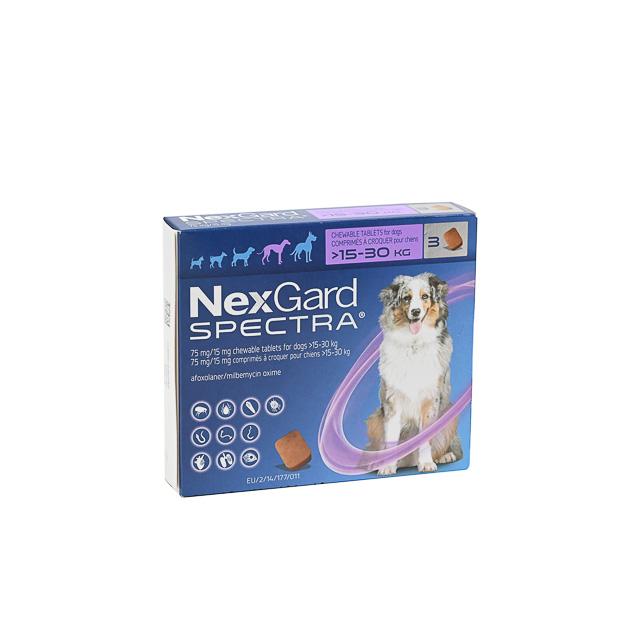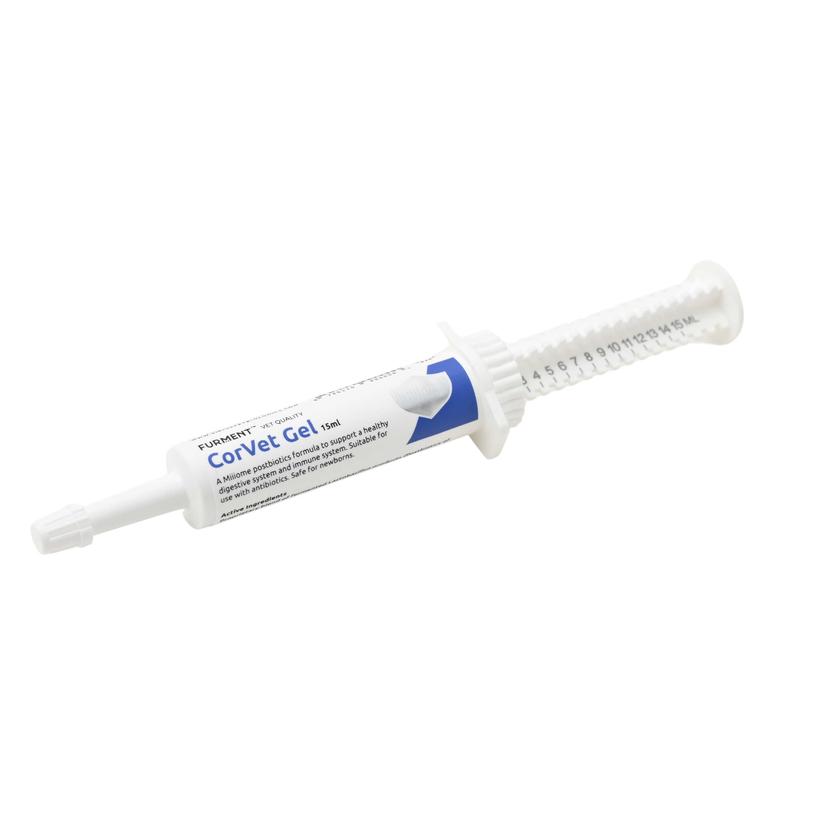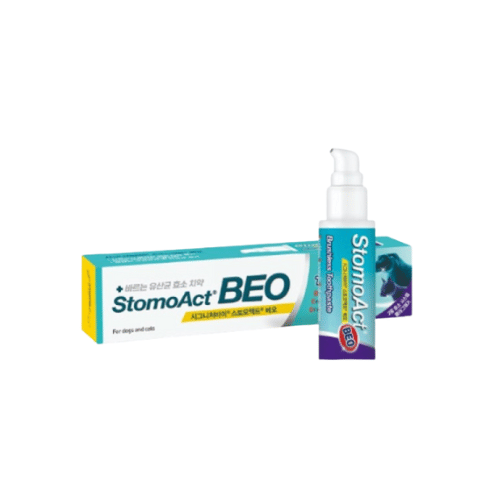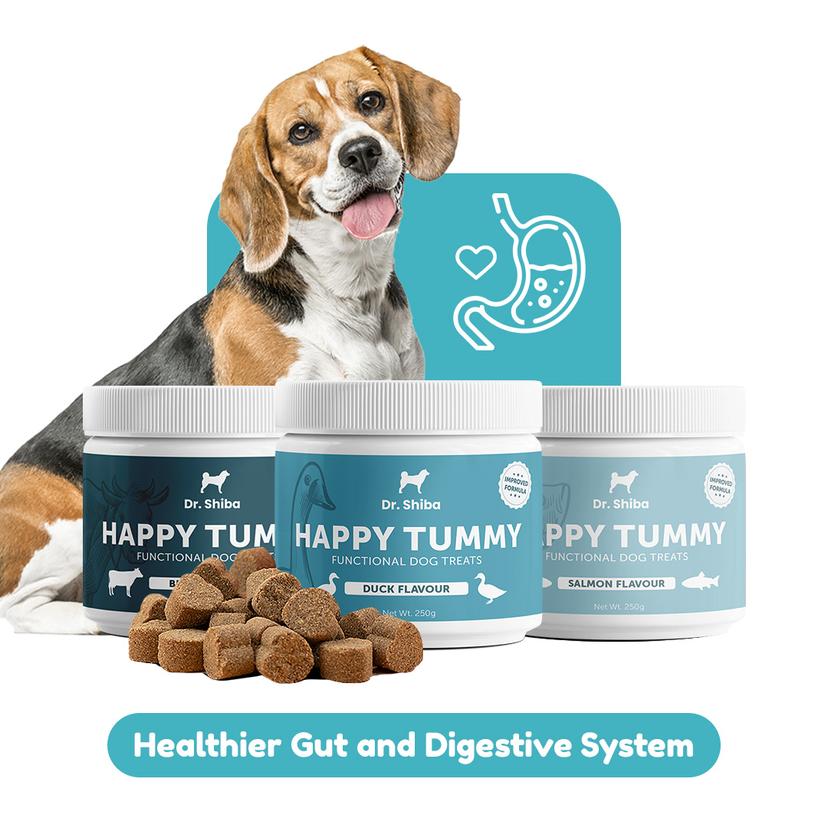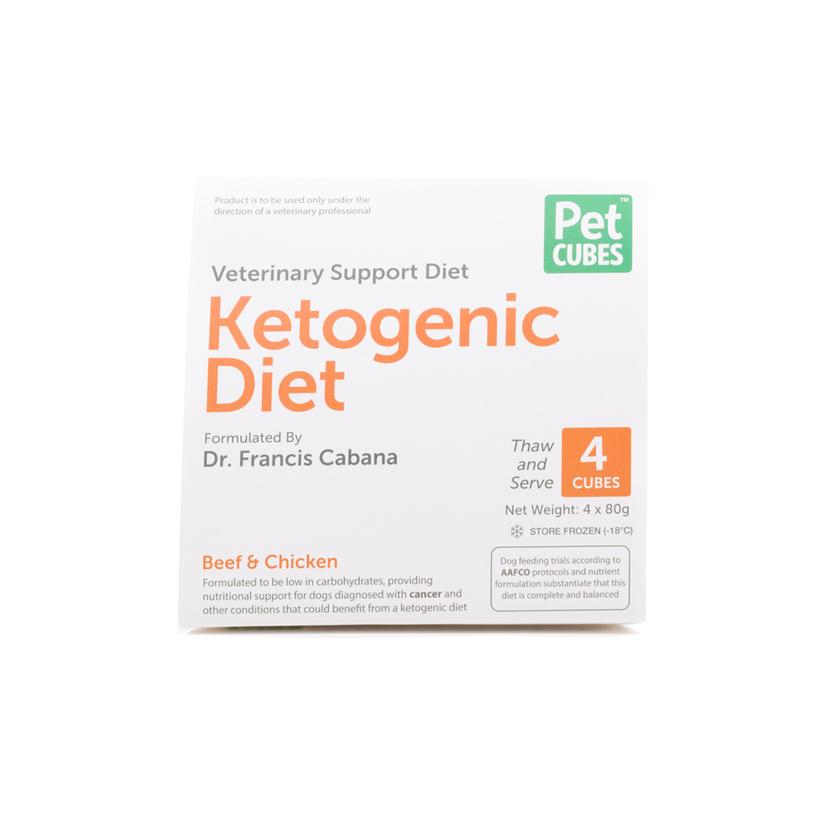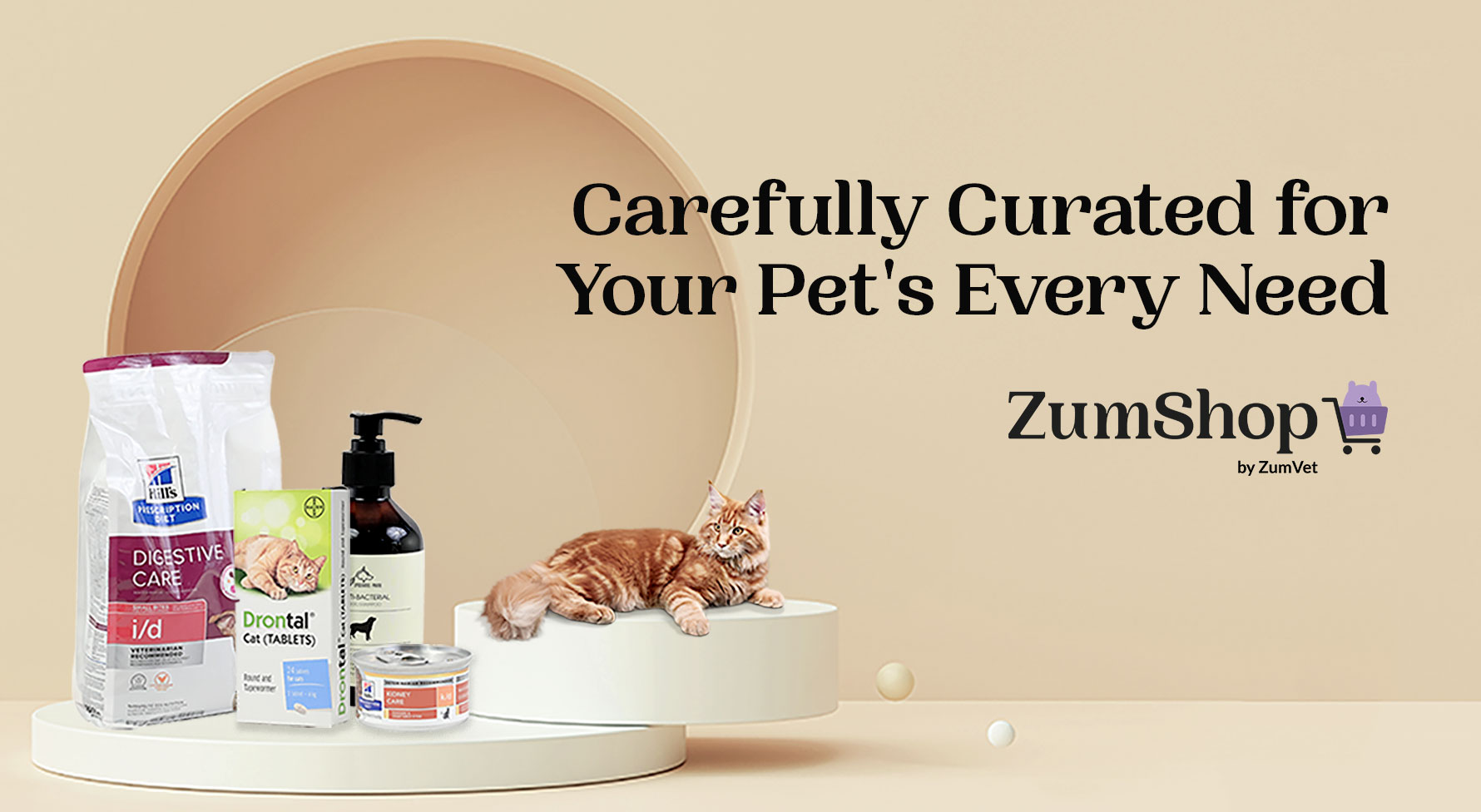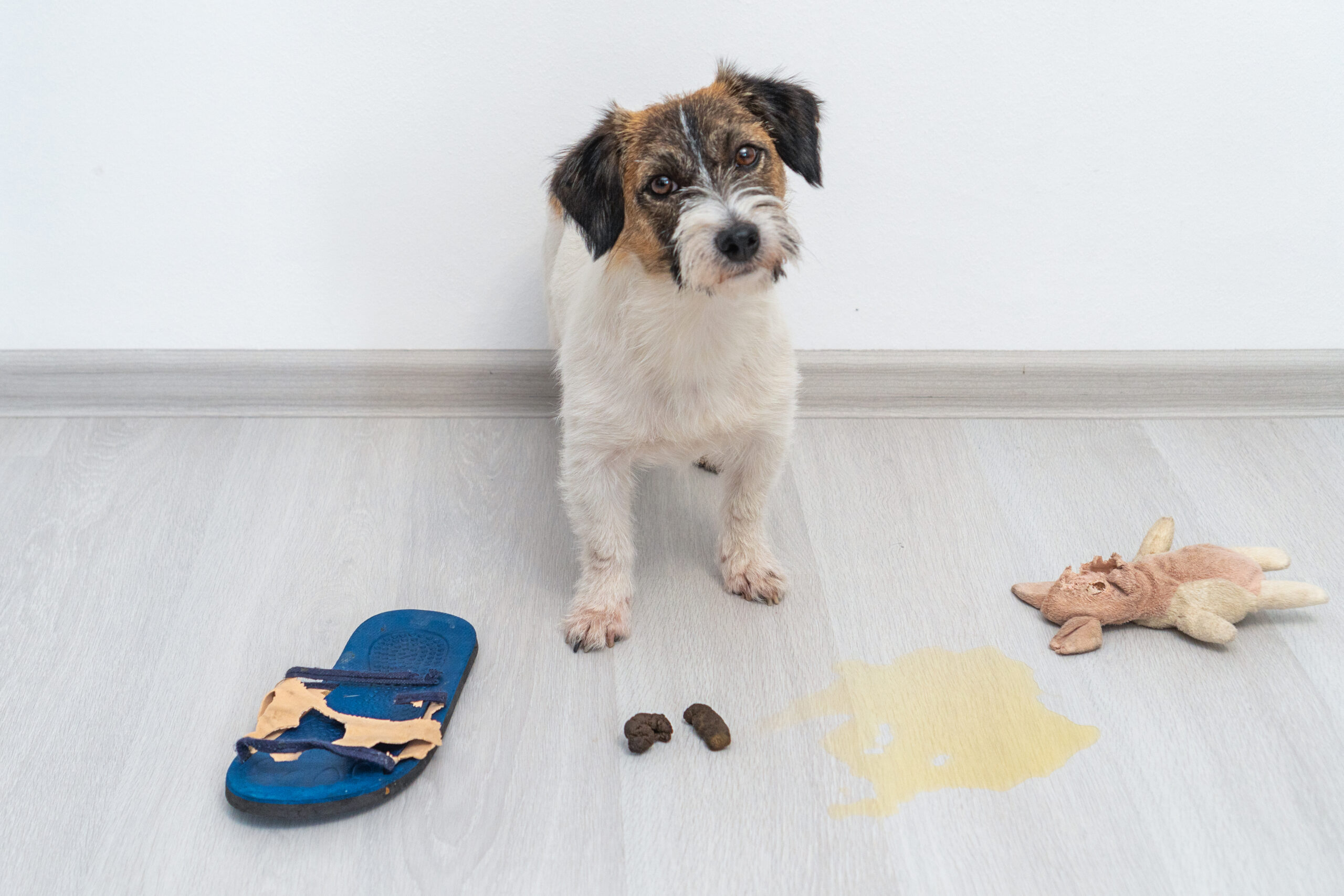Just like us humans, pets thrive on a healthy and balanced diet. But how can you tell if your furry friend’s current food isn’t meeting their needs?
Here are 4 signs that could indicate a dietary issue. However, it’s important to remember that other factors can also cause these problems.
1. Skin and Coat Issues
- Dry, itchy skin: This can be a sign of a food allergy or a deficiency in essential fatty acids. Constant scratching can also lead to infections.
- Excessive shedding: While some shedding is normal, unusual amounts could indicate a lack of nutrients, a reaction to certain ingredients, or even parasites.
- Dull coat: A shiny, healthy coat is a sign of good nutrition. A dull, brittle coat suggests your pet might not be getting the vitamins and minerals they need, or could be caused by underlying health conditions.
💡 Keep in Mind: Skin and coat problems can also stem from parasites, bacterial or fungal infections, environmental allergies, stress and anxiety, or underlying medical conditions.
Consulting your veterinarian is crucial for a proper diagnosis and treatment plan.
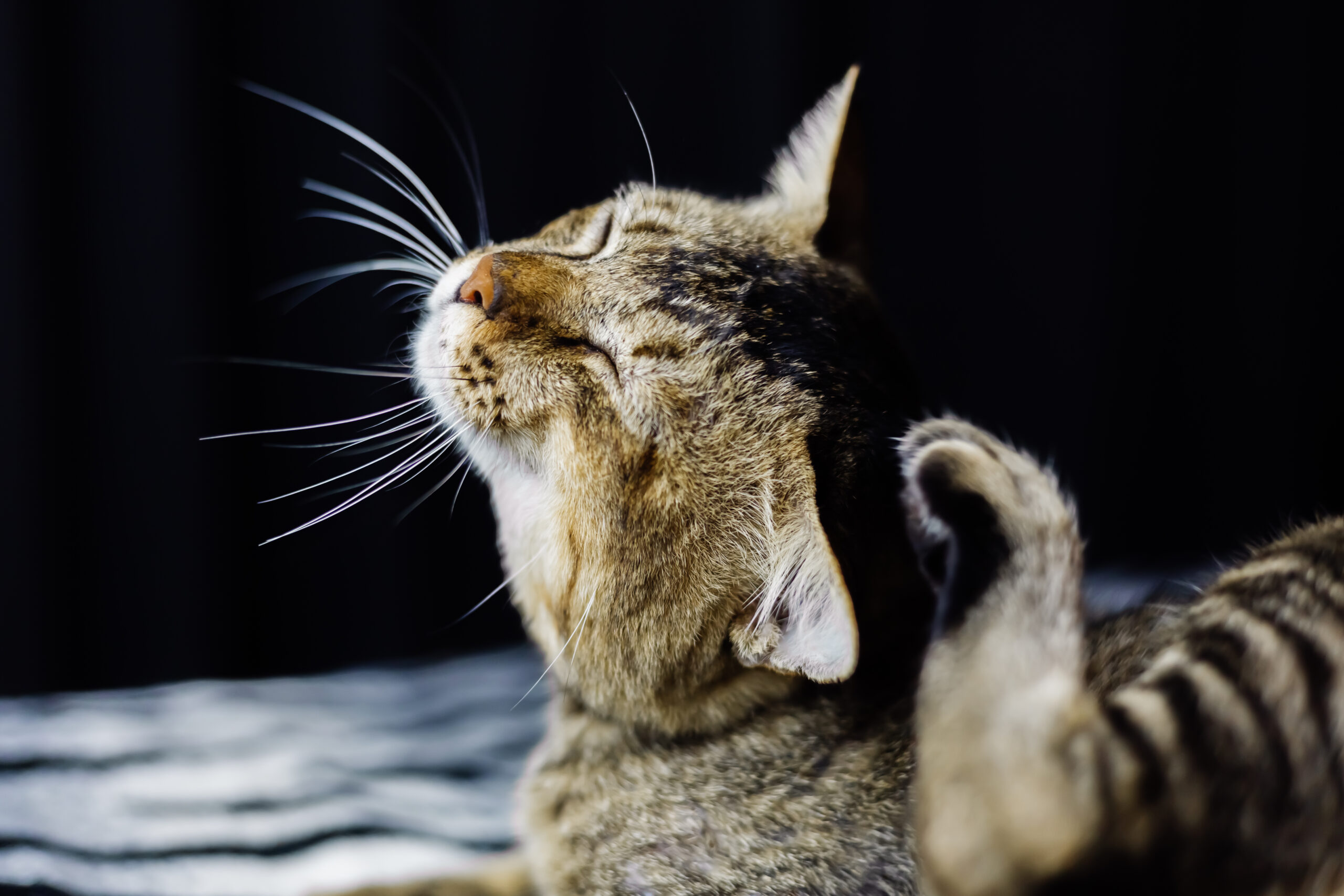
2. Digestive Problems
- Upset stomach: Frequent vomiting, diarrhoea, or constipation can be caused by food sensitivities or intolerances.
- Gas: Excessive flatulence might be a sign your pet’s digestive system is struggling with their current food, but it could also be caused by swallowing air or certain ingredients.
- Decreased appetite: If your pet suddenly loses interest in their food, it could be a reaction to the taste or a sign of an underlying health issue like dental problems.
- Sudden dietary changes: Switching your pet’s food too quickly, especially to a different texture, brand, or formula not suited to their age (like kitten food to an adult cat or senior food to an adult dog), can also cause digestive upset.
💡 Read also: From Kibble to Gourmet: How to Upgrade Your Pet’s Diet Safely and Deliciously
3. Decreased Energy Levels
- Lethargy: A normally active pet who becomes sluggish or uninterested in playing could be suffering from a lack of energy due to an inadequate diet, but it could also be caused by pain, boredom, or depression.
- Weakness: Difficulty getting up or climbing stairs might be a sign of muscle weakness caused by malnutrition, but it could also be a symptom of arthritis or other underlying conditions.

💡 Read also: Don’t Panic, But Your Pet’s Picky Eating Might Mean They’re Sick. Here’s How to Fix it ASAP!
4. Behavioural Changes
- Increased aggression: Food sensitivities or intolerances can sometimes cause behavioural problems in pets, but aggression can also stem from fear, anxiety, or dominance issues.
- Excessive licking or chewing: This could be a sign of discomfort caused by allergies or digestive issues, but could also be a result of boredom, anxiety, or even dental problems.
What to Do if You Notice These Signs
If you see any of these signs in your pet, it’s important to schedule a visit with your veterinarian.
They can perform a thorough examination and run diagnostic tests, such as blood, faecal, and skin tests, to identify any underlying medical conditions.
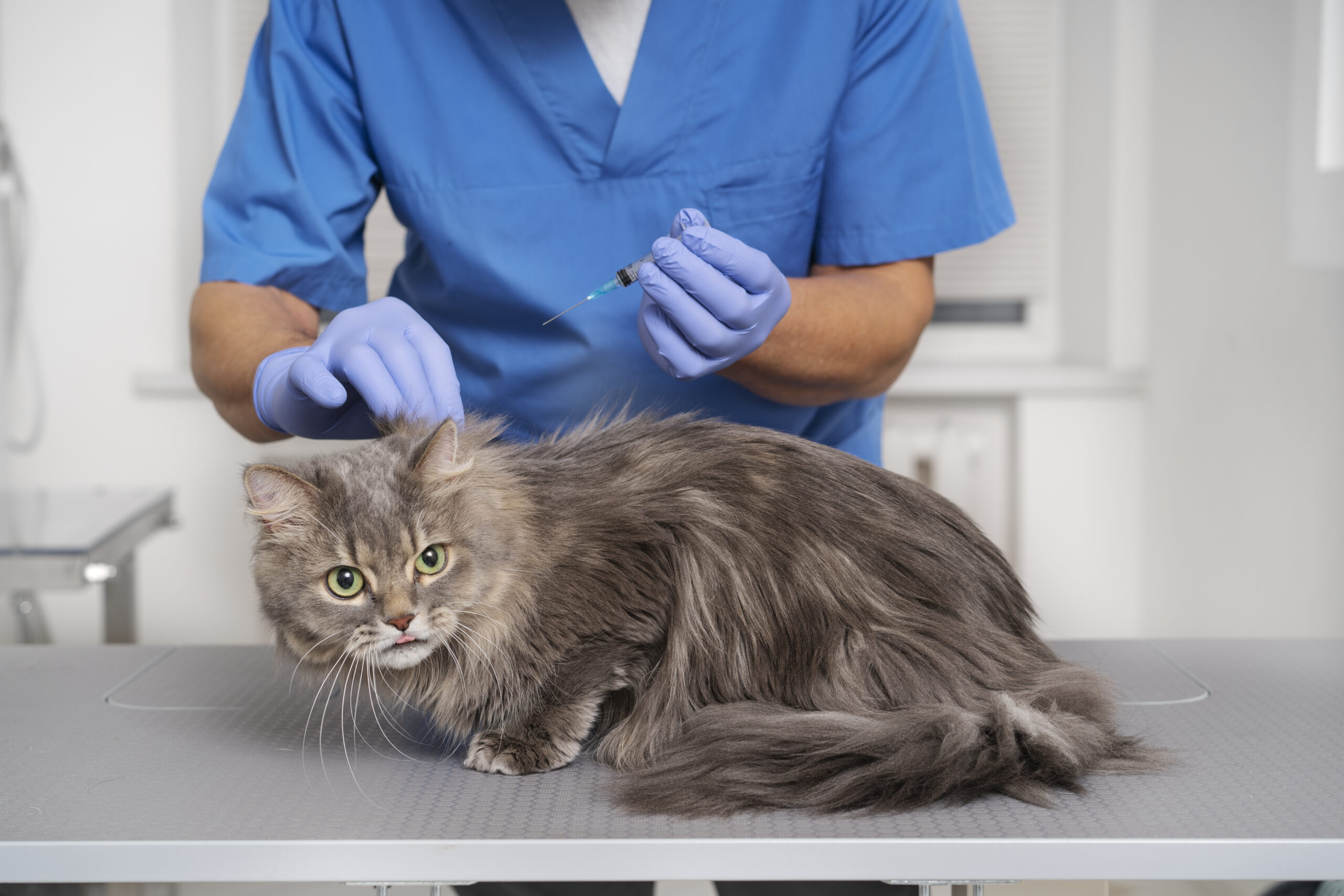
Adding Nutrition & Upgrading Your Pet’s Diet
Once your veterinarian has ruled out medical issues, they can help you determine if a dietary change is necessary. Here are some general tips for adding nutrition and upgrading your pet’s diet:
- Focus on whole foods: Look for pet foods with high-quality ingredients like real meat, whole grains, and healthy fats.
- Consider adding fresh foods: Talk to your vet about incorporating fresh fruits and vegetables into your pet’s diet for added vitamins and minerals.
- Choose the right food type: Kibble, wet food, and raw food each have their own benefits and drawbacks. Discuss with your vet which type is best for your pet’s age, breed, and health.
For a More Personalised Approach
A certified pet nutritionist can provide specific guidance based on your pet’s individual needs and health conditions.
ZumVet offers consultations with qualified pet nutritionists who can create a customised meal plan for your furry friend.
💡 Read also: Extend your Pet’s Life with PetCubes and ZumVet
DNA Testing (Optional)
In some cases, veterinarians might recommend a DNA test to gain deeper insights into your pet’s breed predispositions and potential sensitivities. If you are interested in DNA testing, you can book a test here at ZumVet Clinic.


